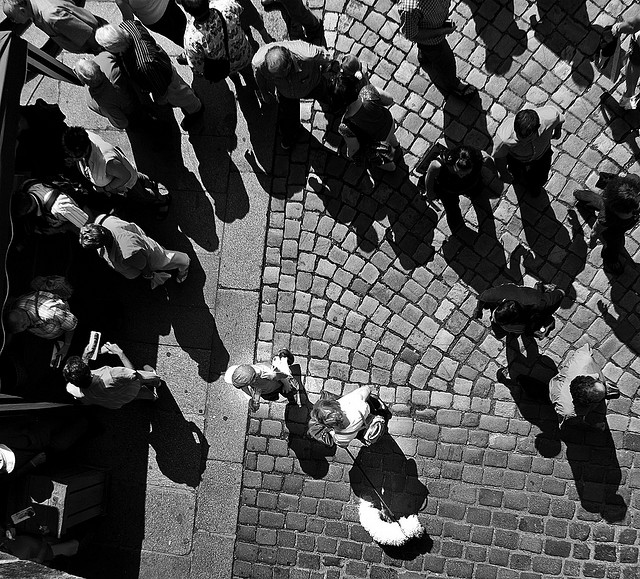'Made Up People': An Interdisciplinary Approach to Labelling and the Construction of People in Post-War History
DOI:
https://doi.org/10.31273/eirj.v1i2.89Keywords:
Making Up People, Ian Hacking, labelling theory, post-war Britain, post-war historyAbstract
The overarching theme of this one-day conference was to situate labelling theory, as conceptualised by Professor Hacking, in the study of post-war history. The post-war period witnessed the emergence of numerous new categories and classifications of people, through the development of labels including 'schizophrenic', 'gambler', and 'adolescent'. This conference drew together speakers and delegates from a range of disciplines in order to raise a set of questions about these 'made up people'. The conference aimed to facilitate a workshop-style atmosphere, with a key note speech by Professor Hacking, several panel sessions, and a roundtable discussion.
Image: Andrey Maximov (flikr)
Downloads
References
To listen to podcasts from the Made Up People conference please visit: http://www2.warwick.ac.uk/fac/arts/history/chm/events/conferences_workshops/madeuppeople/podcasts/
The organisers have established a Made Up People network. Should you be interested in joining the mailing list, please contact c.s.l.sewell@warwick.ac.uk or j.m.crane@warwick.ac.uk

Published
Issue
Section
License
Authors who publish with this journal agree to the following terms:
Authors retain copyright and grant the journal right of first publication with the work simultaneously licensed under a Creative Commons Attribution License (CC-BY), which permits use and redistribution of the work provided that the original author and source are credited, a link to the license is included, and an indication of changes which were made. Third-party users may not apply legal terms or technological measures to the published article which legally restrict others from doing anything the license permits.
If accepted for publication authors’ work will be made open access and distributed under a Creative Commons Attribution (CC-BY) license unless previously agreed with Exchanges’ Editor-in-Chief prior to submission.
Authors are able to enter into separate, additional contractual arrangements for the non-exclusive distribution of the journal's published version of the work (e.g., post it to an institutional repository or publish it in a book), with an acknowledgement of its initial publication in this journal.
Authors are permitted and encouraged to post their work online (e.g., in institutional repositories or on their website) prior to and during the submission process, as it can lead to productive exchanges, as well as earlier and greater citation of published work. (see: The Effect of Open Access)
